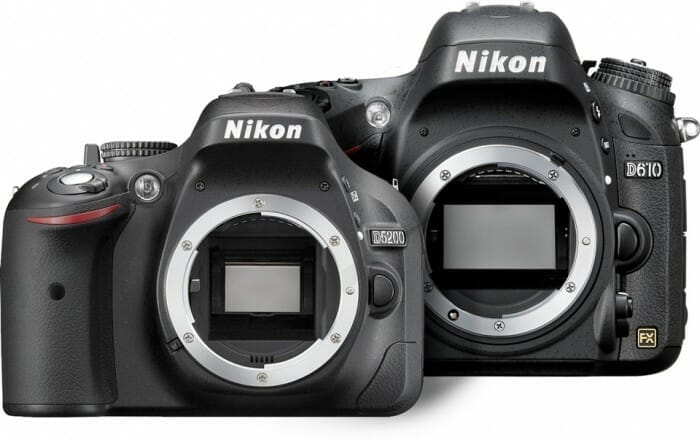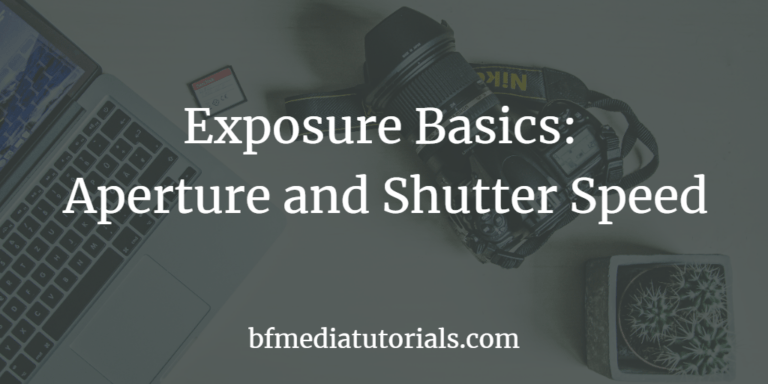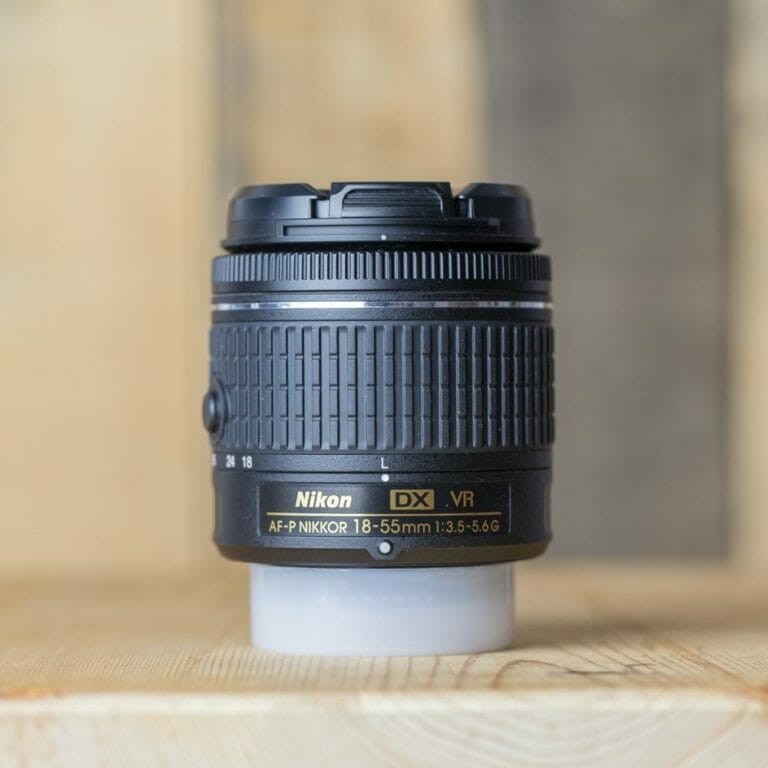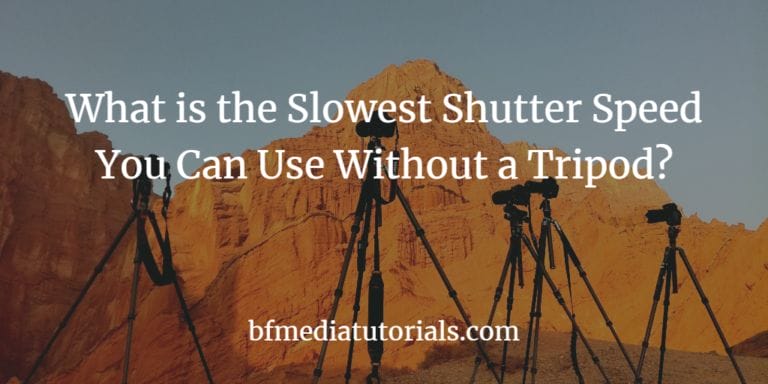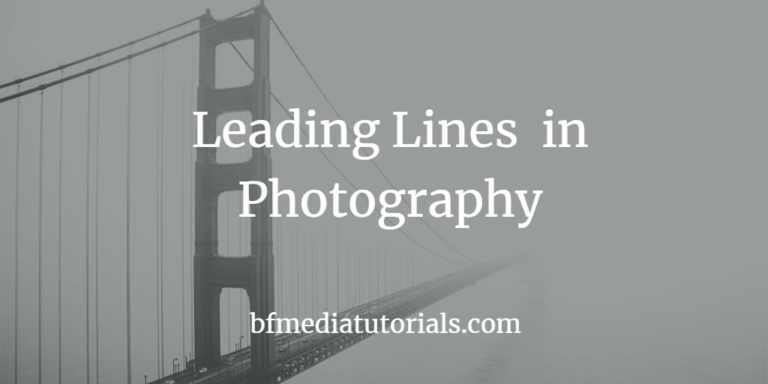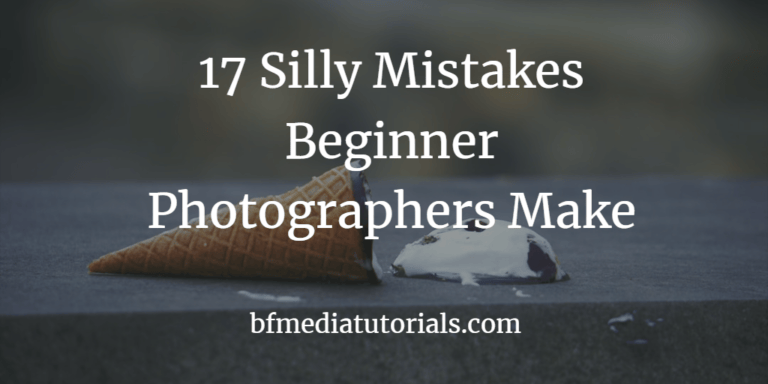Is a Crop Sensor Bad?
If you’ve only just picked up photography, most likely you’ve bought a crop sensor camera. Now that you’ve found out that there are full frame cameras you are asking yourself “is a crop sensor camera bad”? The answer: no, it is not bad. A crop sensor camera is a great way to get into photography and you can stick to a crop sensor for a long time before even switching to a full frame camera. But even if it is good, there are still a few drawbacks. We will look at both the pros and cons of a crop sensor and if you should upgrade or not.
What Is a Crop Sensor?
So, what in the world a crop sensor is? In short, is a smaller sensor that records the images you take. The “industry standard” – if I can say it this way – is the 35mm format (which is actually 36 mm x 24 mm) which has remained since the film photography. If you are to buy a roll of film, and you would measure one unit, you will see that it has these dimensions.
Now, a crop sensor is one that is smaller than the “full-frame”. The dimensions vary from one producer to another. For example, Nikon has a crop sensor of 24mm x 16mm (with a crop factor of 1.5 – more on that in a moment), while Canon has a crop sensor of 22mm x 15mm (with a crop factor of 1.6).
Here’s a comparison between the two.
What Is the Crop Factor?
Now, the crop factor, what is that? The crop factor is how smaller the crop sensor is compared to the full frame standard. Nikon crop sensors are 1.5 times smaller than the industry standard of 35mm. How does this help us and why we need to know this? It helps us find the “real focal length”. Let me give you an example:
The frame outlined in red is the image a full frame sensor will take. The ones in green and blue are crop frames. Notice that at the same focal distance (let’s say 24mm), every frame is different. Moreover, the bigger the crop factor is, the more “zoom” it seems to have.
So, if this image would be taken on a full frame camera and on a crop camera with the crop factor of 1.6x, both at the focal length of 24mm, the actual focal length for the crop sensor would be 24 x 1.6, that would be 38.4. We can say that a crop sensor is more “zoomed in” by the crop factor.
Does a Crop Sensor Have Any Pros?
Are there any pros for a crop sensor? Or are there any advantages of having a crop sensor over a full frame sensor? Well, yes.
First one would be the price
Crop sensor cameras cost way less than their full frame counterpart. Just as an example, the lowest price for a Nikon D3400 with a kit lens is around 400$, while the lowest price for a Nikon D750 full frame camera would be around 1500$ – without any lens.
If we are talking about the price we have to talk about the price of a lens. A lens for a crop sensor camera is way much cheaper than a lens for a full frame camera. Let’s look at another two comparisons. A Nikon 35mm f1.8 DX (for crop sensor cameras) costs around 200$, while a Nikon 35mm f1.8 FX (for full frame cameras) costs around 500$. And there are even more expensive lenses going up to 2000$ – yea, even more, expensive than your body – and you need more than one lens.
The second one would be the size
As I’ve already said, crop sensors are smaller, thus both the cameras and the lenses weigh less. Just for fun, let’s look at the cameras and the lenses I’ve shown you before.
- Nikon D3400 – 7.2 oz / 205 g
- Nikon D750 – 1.65 lb / 750 g
And the lenses:
- Nikon 35mm f1.8 DX – 7 oz / 200 g
- Nikon 35mm f1.8 FX – 10.8 oz / 305 g
As you can see, a crop sensor kit would weigh less than half a kilogram, while a full frame kit weighs more than a kilogram. But that would be even more if you were to mount a lens like a Nikon 105mm f1.4 (almost one kilogram) or a Nikon 70-200mm f2.8 (this one weighs almost one kilogram and a half). Just imagine yourself travel long distances on foot with such a behemoth of a lens.
This brings us to the next point.
Third, it is more portable and more convenient
Being a smaller kit overall, you can have a better time traveling with a crop sensor camera. If you are just an amateur photographer (and even if you are a pro) and just want to take pictures in your vacation, you are much better off with a crop sensor camera.
A Few More Interesting Points
A full frame sensor, because of its size, it has a shallower depth of field. In videography, at some times this might be a hindrance because if you want to shoot at a wider aperture, the focus is much smaller and you risk having your subject going out of focus every time. A fellow photographer friend confessed to me that for video recording he preferred a cheap Nikon D5200 over an expensive Nikon D800.
Also, there’s this professional photographer who has written a blog post on how he is using only a crop sensor camera.
Another great plus of a crop sensor is that you can use a full frame lens without problems. I’ve written more about this topic – the drawbacks and the advantages – in this article on using an FX lens on a DX body.
Does a Crop Sensor Have Any Cons?
Certainly. Just to name a few, crop sensors have fewer megapixels, thus smaller resolutions, they have less image quality, you will have a harder time getting bokeh – that nice blurred background effect (but still it is not impossible).
Also, because of the smaller sensor, you ISO sensibility will be higher, so, the more you bring the ISO value higher on your camera, the more noise will you have in your photo. The full frame sensor camera, on the other hand, will handle way better higher ISO values.
A problem that I have with the crop sensor camera is that the viewfinder is too small (at least for me) and sometimes I have to struggle to look through it. But when I switched to a full frame I was amazed by the huge viewfinder.
On one side, the lightweight of a crop sensor camera could be an advantage, but at times it can be a detriment. How? Well, for me, at least, a heavier camera helps my shaking hands stabilize. I own a Nikon D800 and I can’t tell you enough how much its heavyweight helped me remove camera shake from my photos just because my hands were more stable with a greater weight.
Another drawback a crop lens camera has is that it doesn’t have as many wheels and buttons 🙂 At first glance you would be glad that it is more simple, but after a time when you learn how to play with more and more camera settings, you start to feel frustrated that you have to press two buttons in order to change the aperture or the ISO, or that you have to go into two menus in order to change Single Focus or Continous Focus. On a full frame camera, almost all options are in one button reach, and – what’s even more exciting – you can change them without taking your eye off the viewfinder.
Should You Upgrade?
This is the question all of us are facing at some point. Should you upgrade from a crop sensor camera to a full frame sensor? As always, the answer to such questions is: it depends.
First of all, you have to determine if you really need a full frame camera, or if you just want one because it is cooler than what you have right now. If you really need it, then make a budget and buy one.
If you just want one because it is cooler, well, you should give it a second thought. I’m not telling you what to do with your money, but as I’ve stated earlier, a full frame camera is more expensive, and don’t forget that you have to buy a new lens for it. So, does your budget allow you to buy both a camera and a lens? If affirmative, then go and buy one. If not, well, you shouldn’t buy.
Second, if you want to go professional with photography, my opinion is that you need a full frame as the main camera and you can still use your crop sensor as a secondary camera or as a backup.
If you are just a hobbyist and you feel you’ve gotten to the limits of your crop camera, then upgrade to a full frame.
Finally, you shouldn’t upgrade because you think that a crop sensor is bad, it isn’t.
The Bottom Line
A crop sensor camera is a great piece of gear for beginners. It is a great entry-level camera, perfect for beginner and even suitable for professionals in photography or video. You shouldn’t think that a crop lens is bad, but that it is more suitable for some cases and less for others.
But what do you think? Is a crop sensor bad? Do you have a crop camera? Have you upgraded? Are you thinking about upgrading? Leave your comments down below.
Did you find the content here helpful? If yes, I would kindly ask you to join my Patreon page and support the future of this website.
